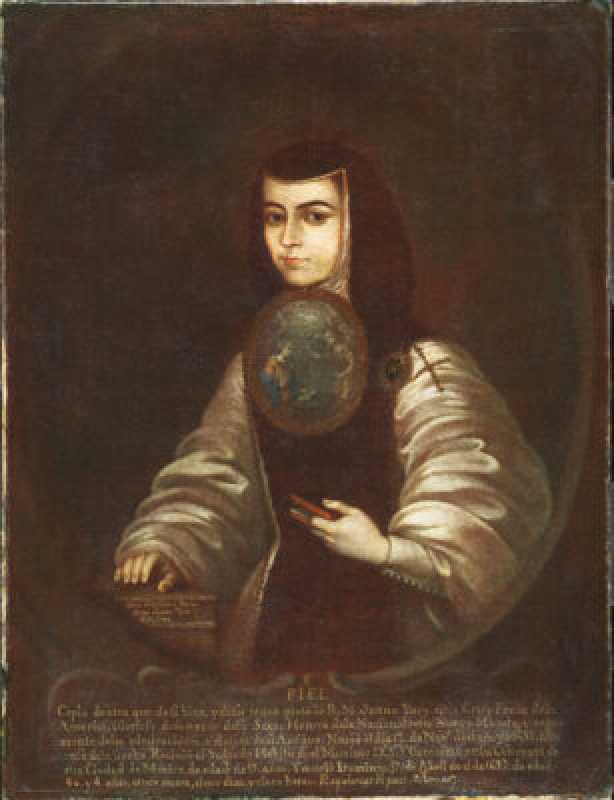Education
Cambridge Scholar Reveals Early Christian Influence on Perception of Female Beauty

A recent talk at Cambridge University delved into the influence of early Christian male writers on the perception of female beauty, highlighting the roots of modern beauty standards.
Cambridge scholar Alexandra Zhirnova, as part of the Cambridge Festival, discussed the third-century introduction of the idea that ‘real’ beauty is within, as a tool for controlling women’s clothing choices.
Key figures such as Saint Jerome, Saint Ambrose, and Saint Augustine condemned women who wore makeup and ornate clothing as akin to prostitutes, arguing that a woman’s appearance could disrupt societal order.
Early Christian authors like Tertullian and Saint Ambrose used theological arguments to denounce women who enhanced their appearance, claiming it went against natural beauty.
Stories of regretful women like Saint Paula and Saint Æthelthryth reflected the societal pressure to adhere to modesty and reject adornments.
These early Christian notions of female beauty continue to shape modern perceptions, indicating a deep-rooted link between historical views and present-day attitudes towards appearance.
Themes of chastity and deception tied to women who adorned themselves are evident in narratives involving figures such as Saint Wulfhilda and King Edgar of England, highlighting enduring implications of beauty standards.












